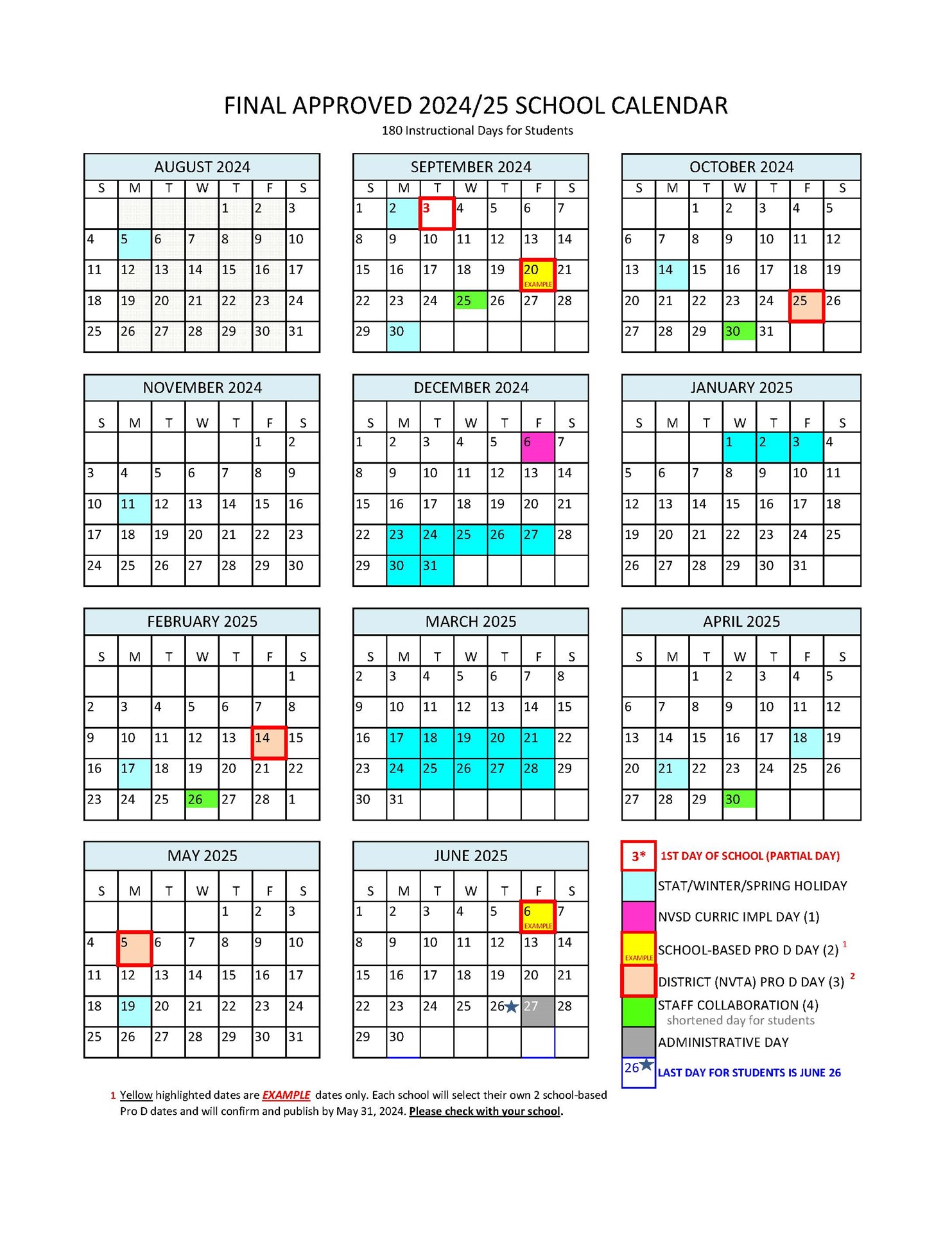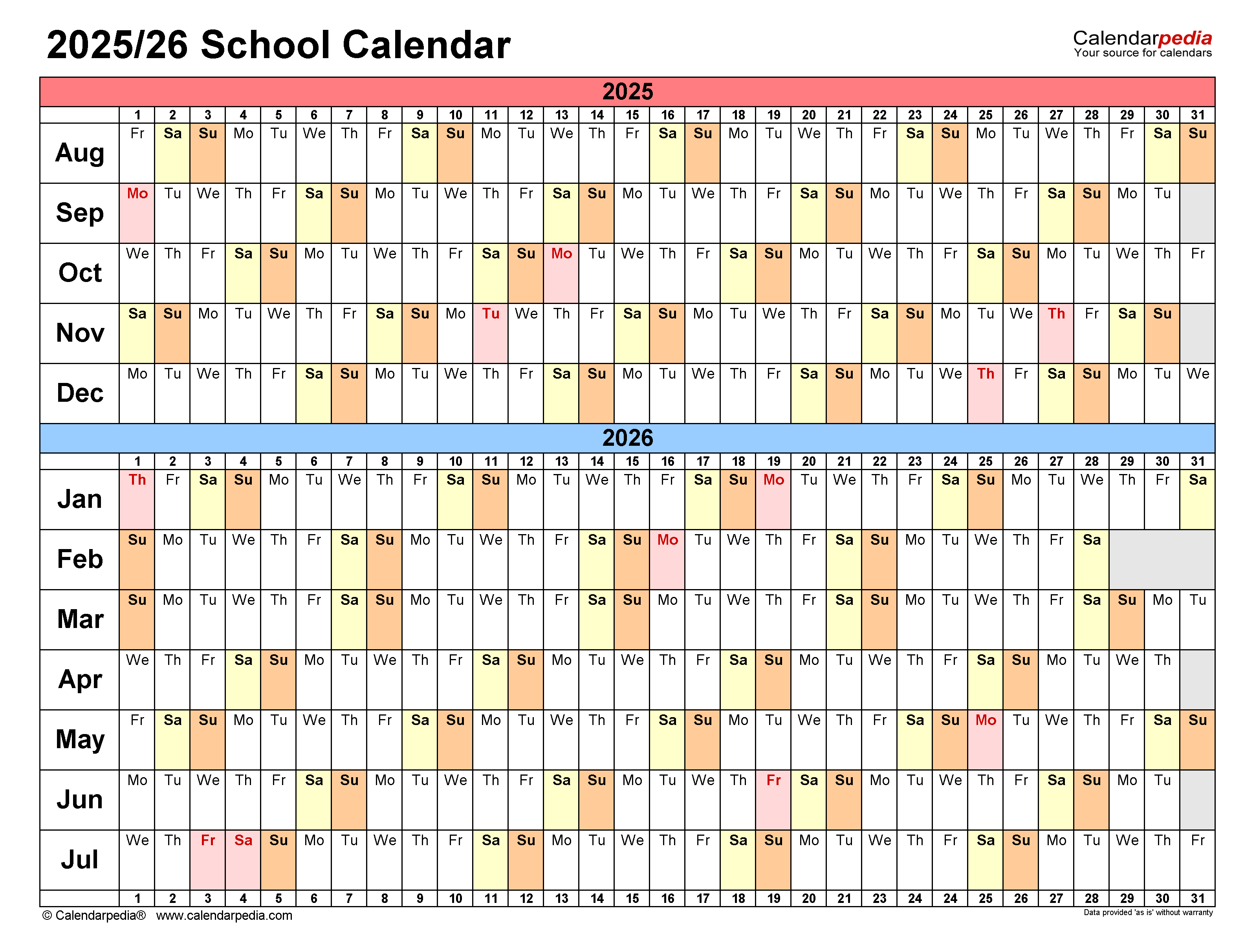
Introduction
The 2026 Vancouver school calendar represents a significant subject within its field, encompassing a range of practices, traditions, or applications that shape daily life and broader cultural or professional landscapes. Understanding the 2026 Vancouver school calendar provides clarity about its background, its present relevance, and the way it continues to influence various aspects of society. For families, educators, and community stakeholders, this annual schedule serves as a foundational document, dictating the rhythm of the academic year and impacting everything from daily routines to long-term planning. Its meticulous construction reflects a balance of educational objectives, logistical considerations, and community needs, making it an indispensable tool for navigating the educational journey.
Main Body
Definition and Origin of the 2026 Vancouver School Calendar
An academic calendar, such as the one set for Vancouver schools in 2026, is an officially published schedule outlining key dates for the upcoming school year. This typically includes the first and last days of instruction, statutory holidays, professional development days for staff, non-instructional days, and often, specific breaks like winter and spring holidays. The development of such a calendar is a complex process, rooted in provincial legislation and local district policies. In British Columbia, the Ministry of Education sets broad guidelines, including the minimum number of instructional days and hours. Local school districts, like the Vancouver School Board (VSB), then consult with various stakeholder groups—including parents, teachers, unions, and community organizations—to finalize a schedule that best serves their specific community while adhering to provincial mandates. Historically, these calendars evolved from agricultural cycles, aligning school breaks with periods when children were needed for farm work. Today, while the rationale has shifted, the fundamental need for a structured, predictable academic year remains paramount, facilitating consistent learning and operational efficiency. The 2026 calendar, therefore, is not merely a list of dates but a carefully constructed framework designed to optimize educational delivery and support the well-being of students and staff within the Vancouver context.
Importance of the Academic Calendar Today
The importance of the academic calendar in contemporary society cannot be overstated. For students, it provides a predictable structure, allowing them to anticipate learning periods, breaks, and assessment timelines, which contributes to a sense of stability and reduces anxiety. Parents rely on this schedule for critical family planning, including childcare arrangements, vacation scheduling, and coordinating extracurricular activities. Without a clear and consistent schedule, managing household logistics would become significantly more challenging. Educators depend on the calendar for lesson planning, curriculum pacing, and scheduling professional development opportunities that enhance teaching practices. School administrators use it as a foundational document for budgeting, resource allocation, and coordinating school-wide events and initiatives. Beyond the immediate school community, local businesses, particularly those in hospitality and retail, often adjust their operations based on school breaks, recognizing the economic impact of student holidays. Furthermore, the calendar ensures equity and consistency across the district, providing all students with the same number of instructional days and access to a standardized educational experience, which is crucial for fostering a cohesive and fair learning environment.
Benefits of a Structured School Schedule
The benefits derived from a well-defined school schedule are multifaceted and extend to all members of the educational ecosystem. One primary advantage is predictability, which allows for effective long-term planning at individual, family, and institutional levels. Students benefit from consistent learning routines, which can improve academic performance and foster good study habits. For parents, the clear delineation of school days and holidays facilitates better work-life balance, enabling them to arrange childcare, plan family trips, and schedule appointments without conflict. Teachers can strategically plan their curriculum delivery, ensuring all required material is covered within the allocated timeframes and that sufficient time is available for review and assessment. Moreover, a structured calendar helps in the efficient allocation of school resources, from staffing levels to facility maintenance. It also promotes community engagement by allowing various organizations to align their youth programs and events with school breaks. From a broader societal perspective, a standardized academic year supports economic stability by providing a predictable rhythm for employment and consumer spending patterns related to family activities and travel. The stability offered by such a schedule is a cornerstone of a well-functioning educational system.
Applications of the Academic Calendar
The applications of the academic calendar are extensive and permeate various aspects of daily life and organizational operations. For individual families, it is a crucial tool for coordinating vacations, scheduling medical appointments, and planning family gatherings. Parents often mark key dates on their personal calendars, ensuring they are aware of non-instructional days or early dismissals. In the realm of education, teachers utilize the schedule to design their yearly lesson plans, ensuring curriculum objectives are met and that there is adequate time for projects, field trips, and examinations. School administrators apply the calendar for operational planning, including bus route scheduling, cafeteria service management, and staffing for before- and after-school programs. Community organizations, such as sports leagues, arts programs, and recreational centers, align their programming with school holidays and after-school hours to maximize student participation. Local businesses, particularly those in the tourism and entertainment sectors, often adjust their marketing strategies and staffing levels in anticipation of school breaks, recognizing the influx of families seeking activities. Even municipal services, such as public libraries and community centers, consider the school schedule when planning their programs and operating hours, demonstrating the far-reaching influence of this foundational document.
Challenges and Future of the Academic Calendar
Despite its many benefits, the academic calendar is not without its challenges, and its future is subject to ongoing discussion and potential evolution. One significant challenge arises from unexpected disruptions, such as severe weather events, public health crises, or unforeseen facility issues, which can necessitate school closures and require adjustments to the planned schedule. These disruptions can create logistical nightmares for families and educators, often requiring make-up days or adjustments to instructional time. Another challenge involves balancing the diverse needs and preferences of various stakeholders, as different groups may advocate for varying lengths of breaks, start dates, or professional development days. The future of the academic calendar is likely to be shaped by several emerging trends. There is ongoing debate about the traditional nine-month school year, with some advocating for year-round schooling or more flexible models that could potentially reduce learning loss during long summer breaks. Technological advancements may also play a role, allowing for more adaptive scheduling or remote learning options during periods of disruption. Furthermore, evolving pedagogical approaches and a greater emphasis on student well-being might lead to calendars that incorporate more frequent, shorter breaks or more flexible learning days. The ongoing need to adapt to societal changes, technological shifts, and educational research will ensure that the academic calendar remains a dynamic and evolving framework.
FAQs about the Academic Calendar
Q1: What is the 2026 Vancouver school calendar?
The 2026 Vancouver school calendar is the official schedule published by the Vancouver School Board (VSB) outlining key dates for the 2026-2027 academic year. It includes start and end dates for classes, statutory holidays, professional development days for staff, and scheduled breaks such as winter and spring holidays, providing a comprehensive overview of the school year’s structure.
Q2: Why is the academic calendar important?
This annual schedule is crucial for multiple reasons: it provides predictability for students and families, enabling effective planning for childcare, vacations, and extracurricular activities. For educators, it facilitates lesson planning and curriculum pacing, while administrators use it for resource allocation and operational management. It ensures consistency and equity in instructional time across the district.
Q3: What are the main benefits of the academic calendar?
The primary benefits include enhanced predictability for all stakeholders, improved work-life balance for families, efficient curriculum delivery by teachers, and optimal resource allocation within schools. It also fosters community engagement by allowing external organizations to align their programs with school breaks, contributing to a more organized and supportive educational environment.
Q4: How can the academic calendar be applied in daily life?
In daily life, the calendar is used by families to plan vacations, schedule appointments, and arrange childcare. Teachers apply it to structure their lesson plans and assessments. School administrators use it for operational logistics, such as bus routes and cafeteria services. Community groups align their youth programs with the schedule, demonstrating its broad practical utility.
Q5: What challenges are associated with the academic calendar?
Challenges include managing unexpected disruptions like severe weather or public health emergencies, which can necessitate school closures and schedule adjustments. Balancing the diverse needs of various stakeholders during its creation is also complex. Discussions around the traditional school year structure and the integration of new educational models present ongoing challenges for future calendar development.
Tips for Navigating the Academic Calendar
- Understand the fundamentals. Familiarize oneself with the key dates, including the first day of school, all holidays, professional development days, and the last day of classes. Note any early dismissal days or specific events unique to the school.
- Focus on practical use. Integrate the school schedule into personal or family planning. Transfer important dates to a family calendar, digital or physical, to avoid conflicts with appointments, travel, or other commitments.
- Stay updated on new trends or research. While the core structure is stable, school districts occasionally issue amendments or updates. Regularly check the official school board website or communication channels for any revisions or important announcements regarding the schedule.
- Avoid common mistakes. Do not assume that holidays or professional development days are universal across all districts or even all schools within a district. Always verify the specific dates for the relevant school. Overlooking non-instructional days can lead to unexpected childcare needs.
- Adopt a long-term approach. Use the annual schedule as a guide for planning well in advance. This includes booking family vacations during designated breaks, scheduling non-urgent appointments on non-instructional days, and preparing for major school events or deadlines.
Conclusion about the Academic Calendar
The 2026 Vancouver school calendar serves as an indispensable framework, orchestrating the educational journey for thousands of students, families, and educators within the district. Its continuing importance lies in its ability to provide structure, predictability, and equity, which are fundamental to a successful learning environment. Reinforcing its cultural, professional, and personal significance, the annual schedule facilitates everything from daily routines and academic planning to family vacations and community programming. While challenges such as unforeseen disruptions and the ongoing evolution of educational models exist, the profound benefits of a well-structured academic year consistently outweigh these complexities. By offering a clear roadmap for the academic year, the calendar ensures consistency in instructional delivery, supports the well-being of the school community, and fosters effective collaboration among all stakeholders. As society and education continue to evolve, the academic calendar will undoubtedly adapt, yet its central role as a cornerstone of progress and relevance in the educational landscape will remain undiminished.







Leave a Reply